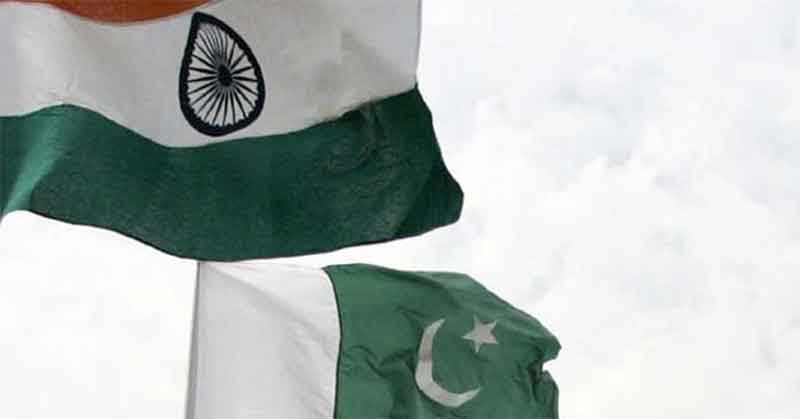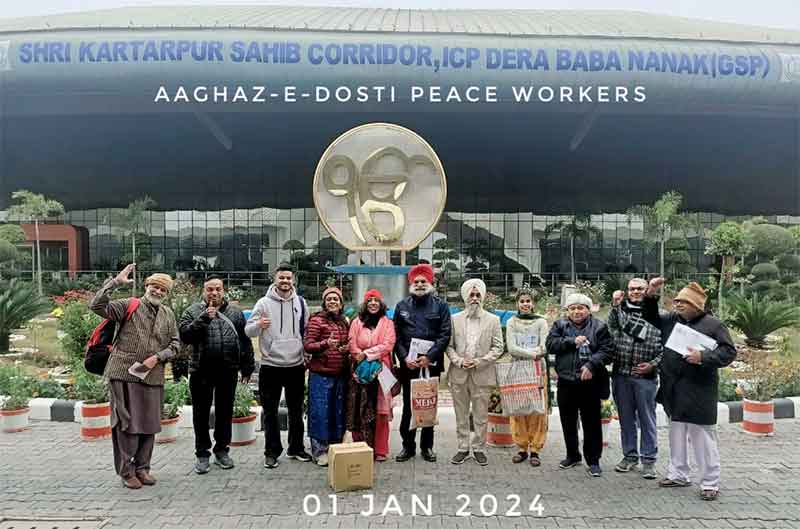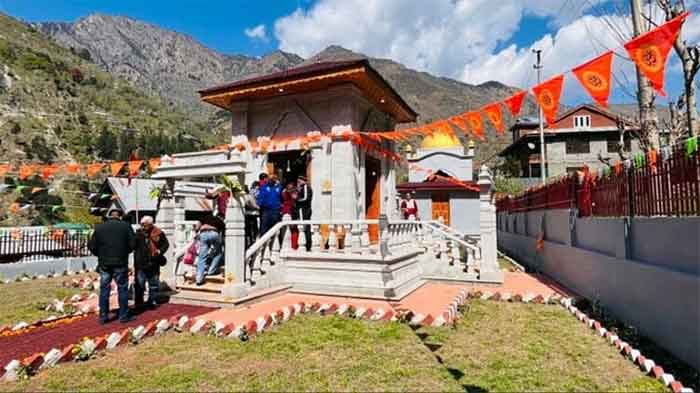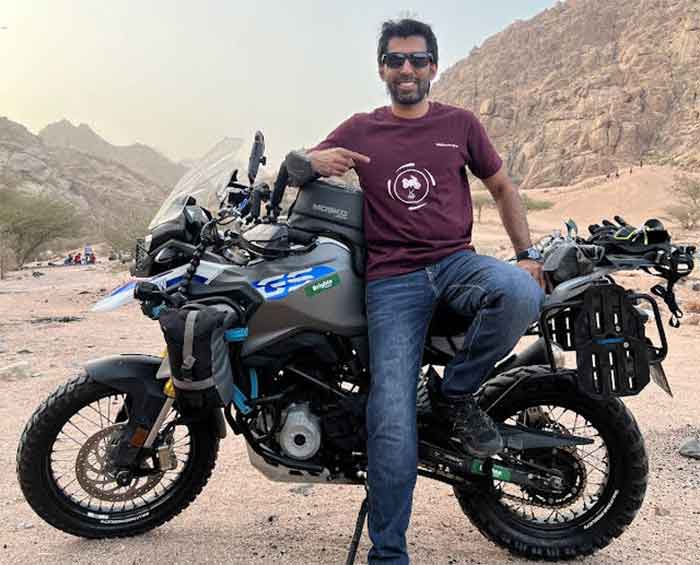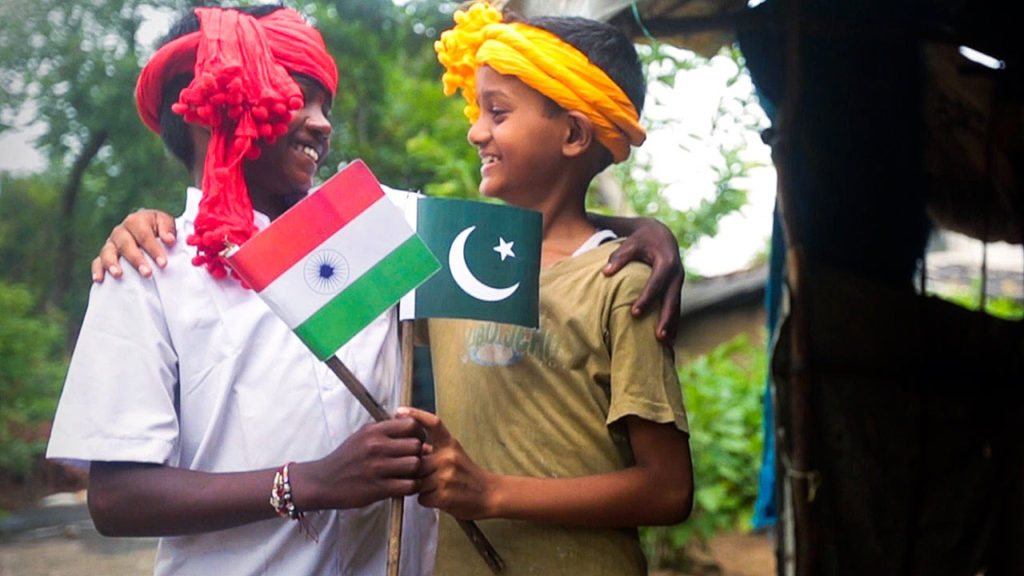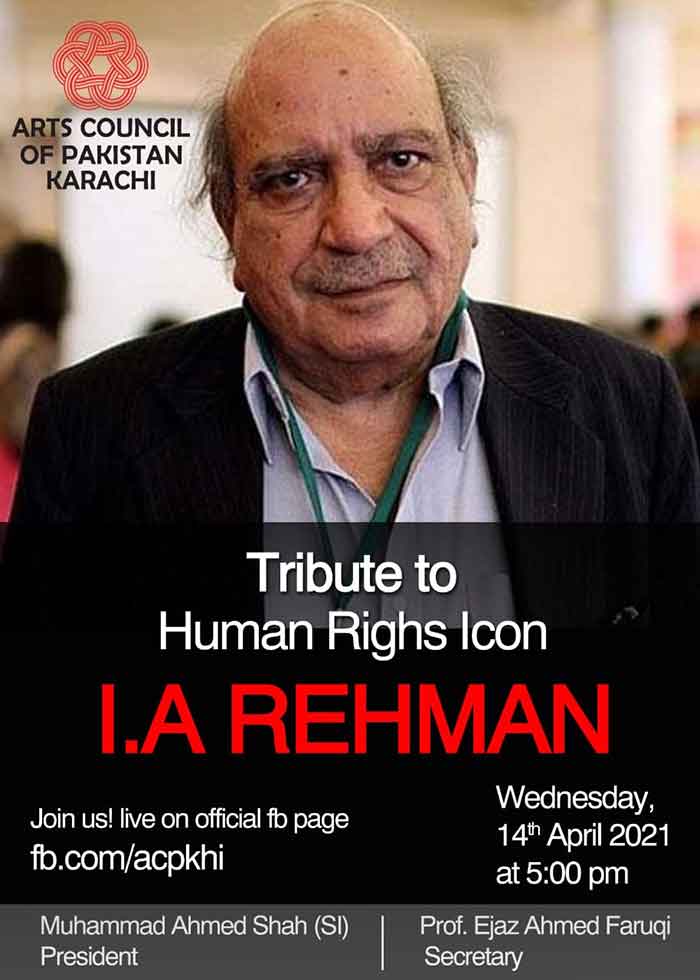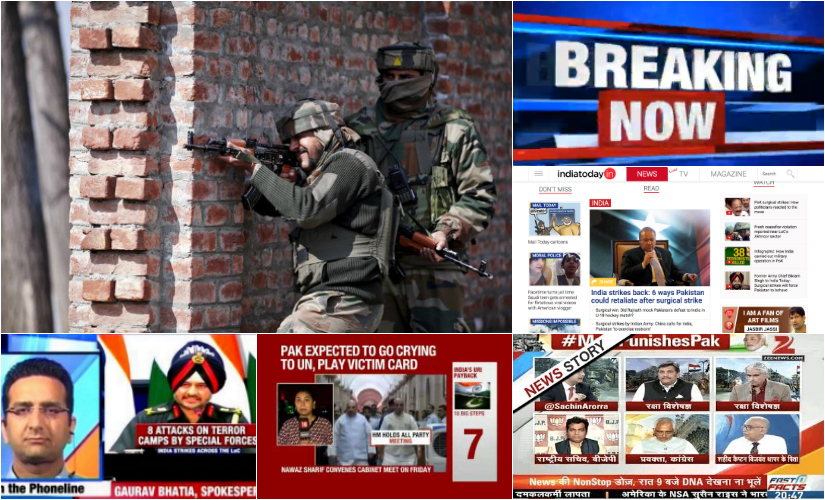
The context of nationalism in India has lately been supercharged- post India’s ‘Surgical Strike inside PoK’ in view of repeated Pakistan-sponsored terror attacks in India – the latest of which, in a significant way, was Uri terror attack. The so-called claims, counterclaims and ‘independent’ global media coverage have made it complex and confusing for the ordinary citizens, considering both the big picture and the specific event.
It is, therefore, relevant and sensible to refer to another article from another context – that has no direct reference to India, or to Pakistan.
The following quote, from a speech of Prof.Howard Zinn, refers to the media reaction to the presentation made byColin Powell, then Secretary of State of the United States,in February 2003 at the UN Security Council, days before the 2003 invasion of Iraq. This author, too, had the opportunity to see and distinctly remember that live impressive broadcast from the UN.
‘Isn’t this what you learn as a freshman in college? “Hey, what are your sources? Where are your footnotes?” No, no. They were just — the Washington Post said, “It is hard to imagine how anyone could doubt that Iraq possesses weapons of mass destruction.” And the New York Times, you know, it was just beside themselves with admiration for Colin Powell. Of course, it all turned out to be untrue, all turned out to be lies. But the press did not do its job, and as a result, the American people, watching television, reading the newspapers, had no alternative source of information, no alternative opinion, no alternative critical analysis of what was going on.’
Source: Howard Zinn on the Uses of History and the War on Terrorism, Democracy Now (2006)
No one should have much problem in accepting the facts of the article, or the quoted text above; although many may have legitimate objections to the tone of the article. The two news-media named above are the New York Times and the Washington Post – winners of probably the most Pulitzer Prizes in journalism, equivalent to the Nobel Prize in journalism.
The Iraq invasion, directly more and indirectly too, have created the ISIS – the monster the world faces today, beyond disastrous results to casualties to all involved in all practical senses.
Prof.Zinn died in 2010, but the likely scenario he had generated in his speech for Iraq and Afghanistanin 2006, the “cut and run”, based on the uses of history and lessons from it, proves more accurate today than it did back in 2006!
Let’s switch back to October, 2016 and let’s focus on India – Pakistan, South Asia, Pathankot, Uri…Baramulla…Kashmir…Balochistan…
Most importantly, India is not the US, nor is Pakistan Iraq. India and Pakistan are neighbours, sharing 2910 kms of border (including LoC), both being nuclear power and being among the world’s top 15 military powers. Although there is optimism in India’s recent improvement of diplomatic ties with neighbours like Bangladesh, Nepal, Afghanistan or Sri Lanka; India cannot count as any all-weather military allyfrom any of the regional or global superpowers, be it China, Russia or the US. Pakistan, seemingly, has China as an all-weather friend.
Iraq’s involvement in the terror attack 9/11 directly or indirectly, or its possession of weapons of mass destruction (WMDs)was not a question mark to the American intelligence (and to its media) back in 2003, as the above reference shows. In case of India or Pakistan, neither Indian investigating agencies nor Indian media do enough field-based or research-based intelligence gathering or investigating reporting that the US is capable of, or themedia in the US usually do.
India as a nation does not have that kind of resources, willingness or even capacity. Higher defence spending has its costs on social sector spending, be it education, or healthcare or on hard infrastructure. It also takes time to develop capacity.
Indian media, like the nation – its people and its governments – at the federal level and at the state levels, are not monolithic. It is wrong not to expect so, considering India’s huge size as the world largest democracy, and its inherent diversity. But there are certain broad trends. Some of these trends have been there for long, some new and emerging – as usually observed for any large nation in its macro—trend analysis. And some of these, if true based on the early indicators, can be alarming, as a dangerous cocktail, when a largely unethical media turns blindly nationalist.
The last line of an article, that came post Uri attack and before the ‘Surgical Strike’ ended by asking: ‘Is there anything in the news you can believe?’ Another one, again in the minority group, suggested the visible trend in its headlines: ‘When Journalists become Jingoist Cheerleaders’. Similar articles had appeared in the other side of the border too, during the interim period of Uri-attack to the time the breaking news of surgical strike took place. Similar reports across outlets was also visible on Russia’s cancellation of joint military exercise with Pakistan, post Uri, which again turned out to be wrong.
The same nationalistic media, more so the TV news ones, often in the recent past, in general, got dubbed; and its celebrity-like news-anchorstrolled for being ‘paid media’, which, realistically as well as ideally, should never happen. At the same time, none in the Indian news-media industry can deny the intensity and the prevalence of unethical media. When same media which failed in its tests on ethics today cheerlead or succumb to jingoism – one must be sceptical on the root causes of the driving forces, as it may not be purely journalistic motives that led to many of these misreportings. More importantly, manufacturing hysteria of war-cries, which may, inadvertently, put pressure on the government as well as on the military, does not serve nation’s true interests.
The government, through the defence forces it commands must always act and take best decisions for the interests of Indian citizens as well as for the best interests of its defence personnel, without any pressure from any corner – inside or outside India. In a vicious unfortunate cycle, one of these three (government, defence forces and media) can potentially feed the other without knowing what or who is feeding whom. Objective is: Let all the three entities do its independent jobs as assigned in the Constitution, and as the context demands.
Post the ‘Surgical Strike’ inside PoK too, the vast majority has again been gloating over the same war-mongering from TV newsrooms or newspaper articles, forgetting two basic lessons that any student of journalism 101 must learn: (1) of C. P. Scott: ‘Comment is free, but facts are sacred’; and that of (2) I. F. Stone: ‘Governments lie’.Acknowledged here, that globally, TV news has always been ‘a slave to the loudest and most garish stories’. A section of newspaper articles, originating from Indiaand the other side, as well as TV news-media in India tried to provide certain evidencesof the ‘surgical strike’ from civilians in the affected zones of the ‘strike’, but international media mostly reported otherwise; while responsible journalism highlighted the complexity of the verification process irrespective of their tone. The battle essentially was all about words…was it across the LoC where Indian soldiers entered PoK, or was it along the LoC, through higher intensity of firing, as various experts debated it out over TV news studios.
Army itself is a great institute for any nation, and must have its due credibility; and knowing India little better – Indian army should have the autonomy not to buckle under media or government pressure, in the specific context of its media conference on 29th September on the “Surgical Strike.
We have mostly seen the opposite of above so far: Facts are free and comment is sacrosanct. Many, if one takes certain views on quality of journalism on top of its lack of journalistic ethics, would say most journalists do not understand the difference between a ‘fact’ and a ‘comment’ (or opinion). It would be wrong to say that soldiers aspire to be martyred – majority of them also love to live a peaceful, family life – as rest of us do. It would be wrong to generalize that all who join the armed forces love to fight for the country (and thereby even get injured or worse). Fight they must, and we all must – but not due to hysteria!
Therefore, when it comes to global credibility of our media to government, in spite of Pakistan’s abysmal records related to lack of meaningful actions against all forms of terror; India does not stand on any significantly higher pedestal in the credibility of its narrative when it comes to Pakistan – as both Indian government (on Kashmir) and more so Indian media face that trust deficit, if not as badly as Pakistan does, but none the less – the trust deficit India has to the outside world on Pakistan narrative is visible. It would be wrong not to mention a single word on the recent unprecedented unrest and use of pellet guns on protesters in Kashmir.
The minorities have become an endangered species, in the fear of the populace driven by hysteria to government diktats. The quality of journalism itself can be the service journalists pay to the nation, Mother India. Unfortunately, today, those who have an open record of unethical journalism in its various forms, be through media organizations or individuals, tend to cheerlead nationalismby being in a perpetual race to the bottom nationalistic journalism.
And that surely is even more worrisome! A nationalistic media, or an unethical media can be bad in itself; however, when they join hands – citizens to those serving Indian defence forces or guarding our borders/paramilitary forces have more reasons to be worried. It would be wrong to presume, without supporting evidence and trend that recently Indian media, in general, has converted itself from being an unethical to ethical one, under the influence of the new-found nationalism wave!
Till that happens, Indians have been largely used to various news-media organizations without journalistic ethics. Let us not face the double evil of a nationalistic media without journalistic ethics, because patriotism to nationalism, right or wrong, demands unselfish values. Much of Indian media fails that unselfish value test to even qualify for the second.
Cheerleading two nuclear nations into a limited or escalated war, without factual accuracy and without setting clear milestones from such a conflict, what defines winning the war (and without considering the fall back of cut-and-run scenario too, as in 1962), can be much more damaging and devastating than any of the cheerleaders can potentially imagine. Fight we all must for our national interests when and if it demands so – but not driven by hysteria, provided ‘national interest’ does not become another misused, abused phraseology that can be used anywhere and everywhere.
A nationalistic media is mostly not in national interest!
Prof Ranjit Goswami is the vice-chancellor of RK University, India

